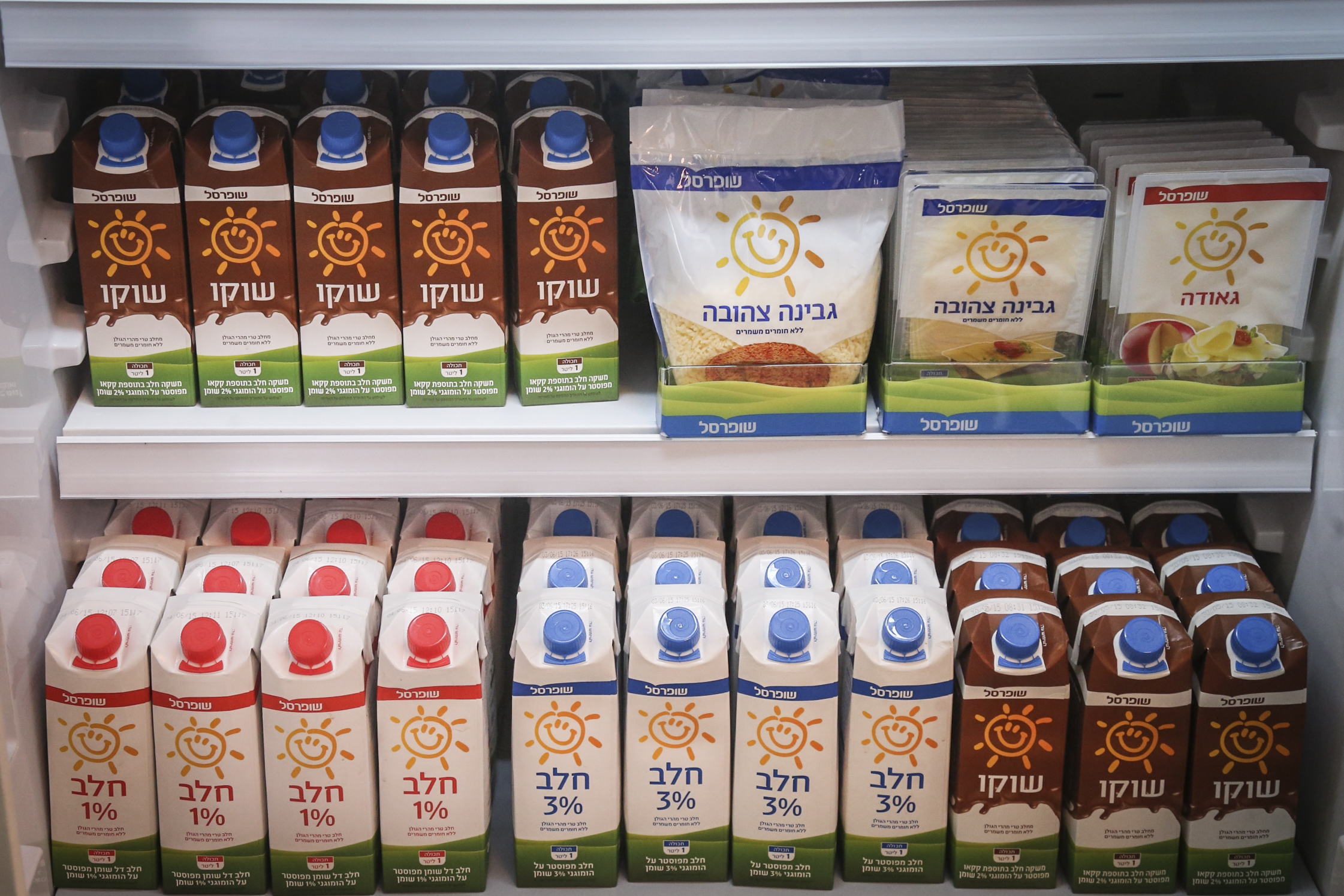Analysts: Tnuva May Find Competing in China Difficult

Four and a half years after China-based Bright Foods bought a controlling interest in it, and a year after Israel signed an agreement with China on food exports, the Economy and Agriculture Ministries announced that dairy concern Tnuva would soon export products to China. Both Tnuva and rival dairy Tara have requested permits to export products to China, the Ministries said.
But analysts speaking to Globes said that Tnuva would have a difficult time getting established in the Chinese market. According to Globes, one of the main reasons Bright Foods bought Tnuva was to be able to use its technology to produce dairy products in China itself. But Chinese regulatory officials have so far refused to allow Tnuva to open facilities in that country.
Now, the report said, based on statements by the Ministries, it appeared that China would at least allow Tnuva to export products made in Israel to the country. As shipping times could take several days, it’s likely that the permits will apply to products with long shelf lives, like hard cheeses, Globes said.
But because the cost of milk is regulated in Israel – and is higher than it is in China – Tnuva products will likely start off more expensive for Chinese consumers, making it more difficult for the Israeli firm to compete.
The report said that it may be slow going for Tnuva in China. The average resident consumed just 12 liters of milk annually, compared to 180 liters per year in Israel, 210 in the U.S., and 300 in Europe. However, the $52 billion Chinese dairy market has tripled over the last decade, and is expected to grow. With that, even the largest dairies – such as Nestlé, which opened a facility in China in 1979 – have not been able to get more than 2 percent of the market share, which is dominated by local dairies.
To Read The Full Story
Are you already a subscriber?
Click "Sign In" to log in!

Become a Web Subscriber
Click “Subscribe” below to begin the process of becoming a new subscriber.

Become a Print + Web Subscriber
Click “Subscribe” below to begin the process of becoming a new subscriber.

Renew Print + Web Subscription
Click “Renew Subscription” below to begin the process of renewing your subscription.












